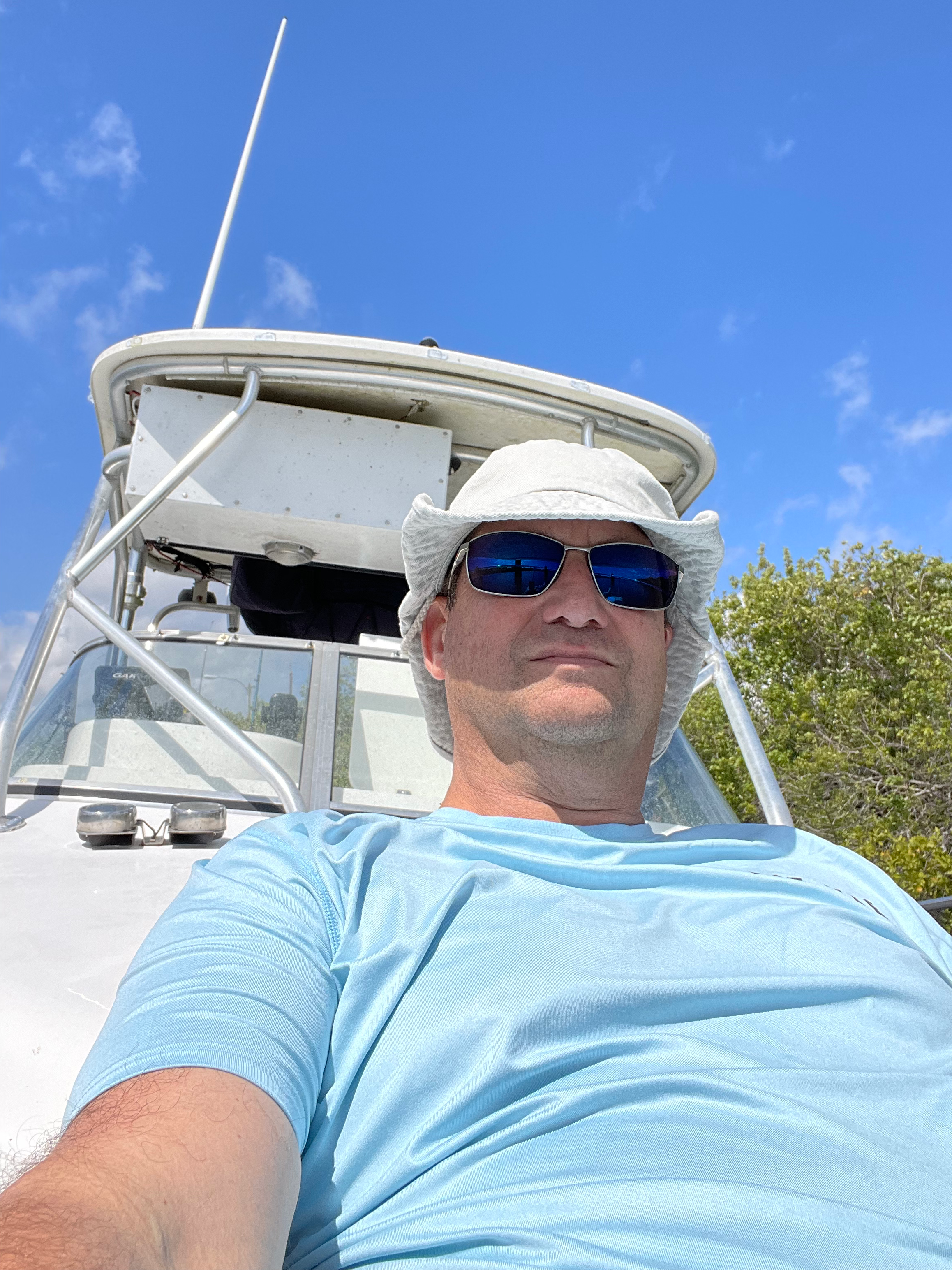Essential Tips for First-Time Scuba Divers
- Robert Attama

- Aug 27, 2025
- 3 min read
Scuba diving opens up a whole new world beneath the waves. For first-time divers, the experience can be thrilling yet a bit intimidating. Knowing what to expect and how to prepare can make your underwater adventure safe and enjoyable. Whether you are planning a tropical getaway or just curious about the underwater realm, these essential scuba diving tips will help you get started confidently.
Key Scuba Diving Tips for Beginners
Starting your scuba diving journey requires some preparation and knowledge. Here are some practical tips to help you get ready:
Choose the Right Dive Center: Look for certified dive centers with experienced instructors. They will provide quality equipment and thorough training.
Get a Medical Checkup: Diving involves pressure changes that can affect your body. A quick health check ensures you are fit to dive.
Learn Basic Skills: Practice breathing through a regulator, clearing your mask, and equalizing ear pressure before your first dive.
Stay Hydrated and Rested: Avoid alcohol and get a good night's sleep before diving to reduce the risk of decompression sickness.
Use Proper Equipment: Make sure your gear fits well and is in good condition. This includes your mask, fins, wetsuit, and buoyancy control device (BCD).
These tips will help you feel more comfortable and prepared for your underwater adventure.

Understanding the Importance of Training and Certification
Before you dive into the ocean, it is crucial to undergo proper training. Certification courses teach you essential safety procedures and diving techniques. Most beginners start with an Open Water Diver course, which includes:
Classroom Sessions: Learn about dive theory, equipment, and safety.
Confined Water Training: Practice skills in a pool or shallow water.
Open Water Dives: Apply your skills in real diving conditions under supervision.
Certification not only ensures your safety but also allows you to rent equipment and join dive trips worldwide. Remember, diving without proper training can be dangerous.

Is Scuba Diving Easy for Beginners?
Many wonder if scuba diving is easy to learn. The answer depends on your mindset and preparation. While scuba diving involves learning new skills and adapting to an underwater environment, it is generally accessible to most people with proper training.
Physical Fitness: You don’t need to be an athlete, but basic swimming skills and good health are important.
Mental Readiness: Staying calm and following instructions underwater is key.
Practice: Like any new activity, practice helps build confidence and competence.
Most beginners find scuba diving enjoyable and manageable after their initial training. The feeling of weightlessness and exploring marine life makes the effort worthwhile.

Tips for Your First Dive Experience
Your first dive can be unforgettable if you follow these practical tips:
Listen Carefully to Your Instructor: Pay attention to safety briefings and ask questions if unsure.
Check Your Equipment: Double-check your gear before entering the water.
Descend Slowly: Equalize your ears frequently to avoid discomfort.
Stay Close to Your Buddy: Always dive with a partner and keep an eye on each other.
Control Your Buoyancy: Use your BCD to maintain neutral buoyancy and avoid damaging marine life.
Take Your Time: Don’t rush; enjoy the sights and breathe slowly and deeply.
By following these tips, you will have a safe and enjoyable first dive.
Preparing for Your Scuba Diving Adventure
Before you head out for your dive, some preparation can enhance your experience:
Pack Smart: Bring essentials like sunscreen, a towel, a water bottle, and a dive logbook.
Wear Comfortable Clothing: Dress in layers and bring swimwear for easy changing.
Stay Relaxed: Anxiety can affect your breathing and enjoyment. Practice relaxation techniques if needed.
Plan Your Dive: Know the dive site conditions, depth, and duration.
Book a Discovery Dive: If you are just starting, consider a beginning scuba diving experience with a professional guide.
These steps will help you feel confident and ready to explore the underwater world.
Embracing the Underwater World Safely
Scuba diving is a rewarding activity that connects you with nature in a unique way. To make the most of it, always prioritize safety and respect for the environment. Avoid touching marine life, maintain good buoyancy control, and follow local regulations.
With the right preparation and mindset, your first dive can be the start of a lifelong passion. Dive in, explore, and enjoy the beauty beneath the waves!











Comments